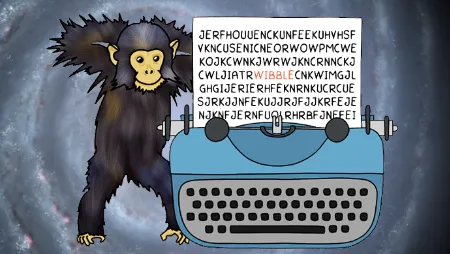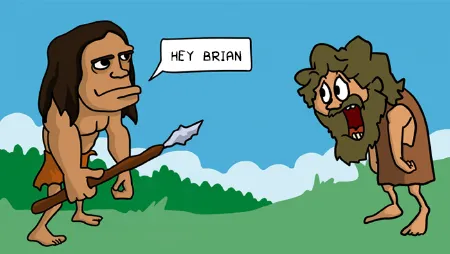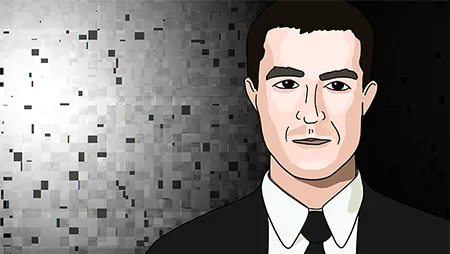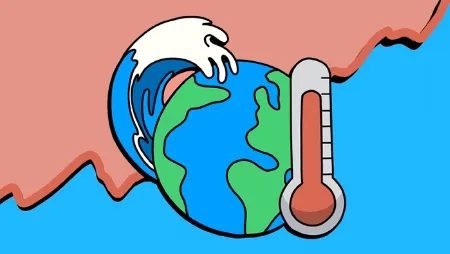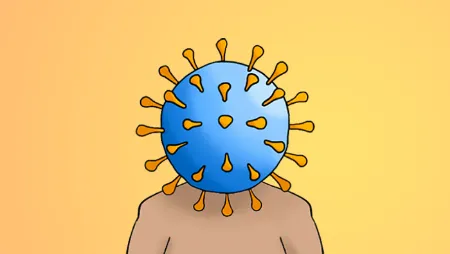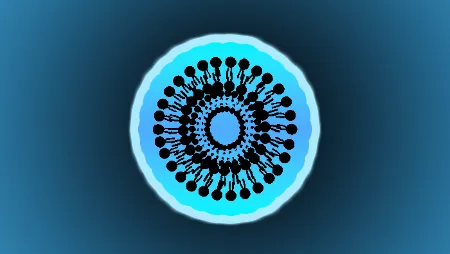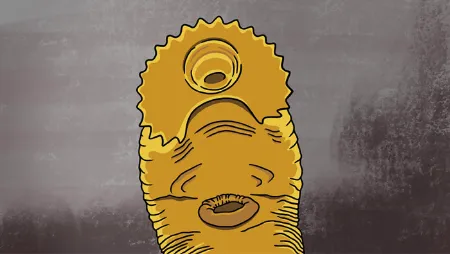Lex Fridman hosts a popular science podcast in which he digs into the minds of world-class experts and extracts intellectual treasures.

As a machine learning researcher, Lex Fridman is passionate about human-centered artificial intelligence. His podcast has high-calibre expert guests given the chance to speak at length. Of the 450+ episodes, here are the best ones I've seen.
Michael Levin (#325)
Xenobots and Evolution
Michael Levin is a biologist looking to understand and control complex pattern formation in biological systems. This is a mind-blowing episode relating to cell biology and creating artificial life known as Xenobots. Among other things, Michael explains how cells communicate to regenerate tissues, and how they multiply uncontrollably when this mechanism goes wrong.
Joscha Bach (#212)
Consciousness and AI
Joscha Bach is a German cognitive scientist, AI researcher, and philosopher. Racing from one idea to the next at high levels of abstraction, he introduces us to new ways of thinking about life, consciousness, free will, space-time, reality, simulations, psychedelics, AGI, and more, more, more.
Alex Garland (#77)
Science Fiction
Alex Garland is the masterful science fiction writer and director behind the movies Ex Machina, Annihilation, and 28 Days Later, as well as the thought-provoking TV series Devs and the novel The Beach. Here, Alex talks about his intuitions and curiosities around artificial intelligence, quantum physics, and the human psyche, and how he levels them up through storytelling.
Max Tegmark (#371)
The Dangers of AGI
Max Tegmark is a physicist, AI researcher at MIT, and the author of Life 3.0: Being Human in the Age of Artificial Intelligence. In this truly moving episode, Max delivers some unexpected insights into the existential danger of artificial general intelligence (AGI) and how we can protect ourselves from it.
Donald Hoffman (#293)
Reality is an Illusion
Donald Hoffman is a cognitive scientist and the author of The Case Against Reality. His shock hypothesis is that we don't experience reality as it really exists; instead, we evolved to perceive a simplified interface, like the software running on our computers. Hear him out and delight in the fact that he's a vocal replica of Ian Malcolm from Jurassic Park.
Sam Altman (#367)
AI and ChatGPT
Sam Altman is the CEO of OpenAI, the company that made ChatGPT, DALL-E, Codex, and other breakthrough AI technologies. In contrast to Max Tegmark's AGI warning, Sam is pretty sure that everything's going to be more-or-less okay. This may be why he took the decision to release the mighty ChatGPT-4 to the general public without really knowing its full capabilities.
Shannon Curry (#366)
Love and Personality
Shannon Curry is a clinical and forensic psychologist, instantly recognisable from the Johnny Depp v Amber Heard trial during which she testified as an expert witness. In this episode, Shannon explains more about the big data behind psychopathology and personality tests, as well as offering psychological insights into long term relationships.
Paul Rosolie (#369)
The Amazon Rainforest
Paul Rosolie is a naturalist, explorer, and author of Mother of God. For twenty years, Paul has ventured into the jungle to survive encounters with giant anacondas, uncontacted tribes, and an Ayahuasca overdose. Here, he tells Lex of his plight to protect this unique and incredibly biodiverse environment from the deadliest threat of all: humanity.
Sam Harris (#185)
The Mind and Free Will
Sam Harris is a neuroscientist and philosopher, as well as the author of Free Will, Lying, and Waking Up. Articulate as ever, Sam confidently takes us through his worldviews as they relate to consciousness, reality, ego, and free will. Sam became the internet's punch bag after some misleading video clip editing last year so it's good to see him on form with Lex.
Elon Musk (#252)
SpaceX and Tesla
Elon Musk is the CEO of SpaceX, Tesla, Neuralink, and The Boring Company. You've probably never heard of Elon, but if you have, you might like to hear him talk about self-driving cars, reusable rockets, humans on Mars, and other grand ideas for the future. This is his third time on The Lex Fridman Podcast and certainly one of his more relaxed media appearances.
Written and illustrated by Becky Casale. If you like this article, please share it with your friends. If you don't like it, why not torment your enemies by sharing it with them? While you're at it, subscribe to my email list and I'll send more science articles to your future self.
